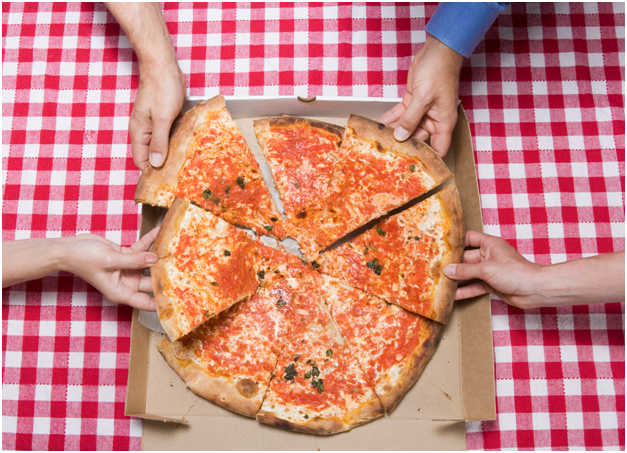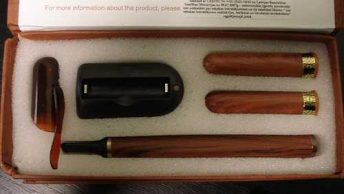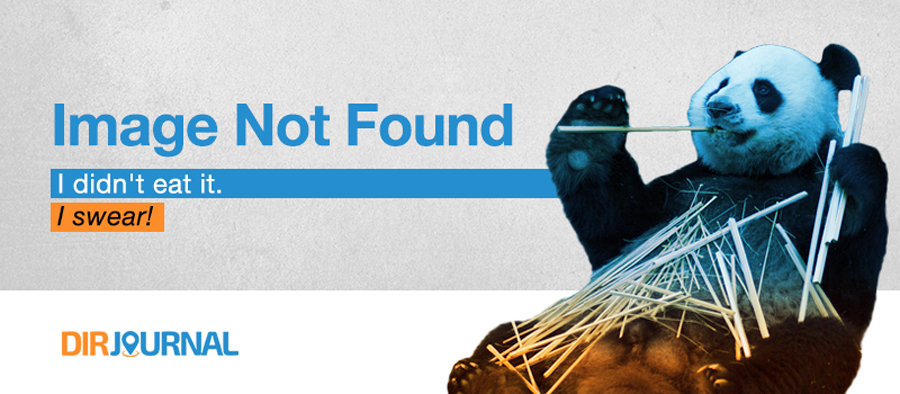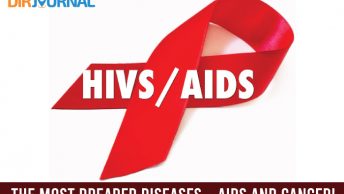
Why do we Overeat?
Many parents encourage their children to “clean their plates.” They are expected to eat every bite of food placed before them. As adults these individuals have trouble not finishing their servings. Others don’t want to seem rude to a gracious host; they eat past the point of comfort. Some people haven’t learned an alternate way to cope with stress and anxiety.
Overeaters may lack a sensitivity to stomach fullness. The over-stuffed feeling doesn’t register until 20 or even 30 minutes after you’ve had your last bite. By then it’s too late. Normal feelings of fullness leave you secure and contented. Being stuffed is miserable.
How to Regain Your Sense of Fullness
Normal eaters eat when they are hungry and stop when they are full. They are not tempted by excessive snacking because they are still satisfied from their last meal. They are hungry at mealtime, because they haven’t snacked. Those keenly aware of their fullness signal stop when they are full – even when Grandma brings out her famous apple pie. The thought of lifting the fork for one bite seems painful.
If you’ve habitually ignored your fullness signals, or have lost touch with your signals – you can regain this connectivity. How? Monitor your fullness sensations. It may be very faint after a moderate amount of food. If you keep eating does it go away?
There are different signals. Some people report bloating of the lips or face rather than a stomach signal. Some feel closure at the back of the mouth or weakening in the limbs. Discomfort in the gut is too late. If you eat to satisfaction you should feel content, secure, and full 20 to 30 minutes after a meal. If you eat to the point of fullness, ignoring your subtle signal, you’ll feel stuffed later.
Another warning: the painfully stuffed feeling is alleviated by – gasp – starting to eat again! A normal eater would never think of eating more after feeling uncomfortably full. The overeater turns to food again. The overeater relies on food to salve any discomfort, even that brought on by eating too much!
If you have a strong taste urge and a weak fullness signal it is important to get in touch with your body. The non-diet philosophy of eating when you are hungry and stopping when you’re full is altruistic.
This method is both simple and straightforward, focusing on developing a healthy relationship with food rather than focusing on weight loss or dress size. Listen to your fullness signal. Stop eating when you first notice it.
Have a drink of cold water. Feel it in your mouth as it destimulates your taste buds. Feel it slide down the esophagus to settle and soothe the stomach. Some find brushing their teeth shortly after a meal also helps discourage snacking and signals the body that meal time is over.












